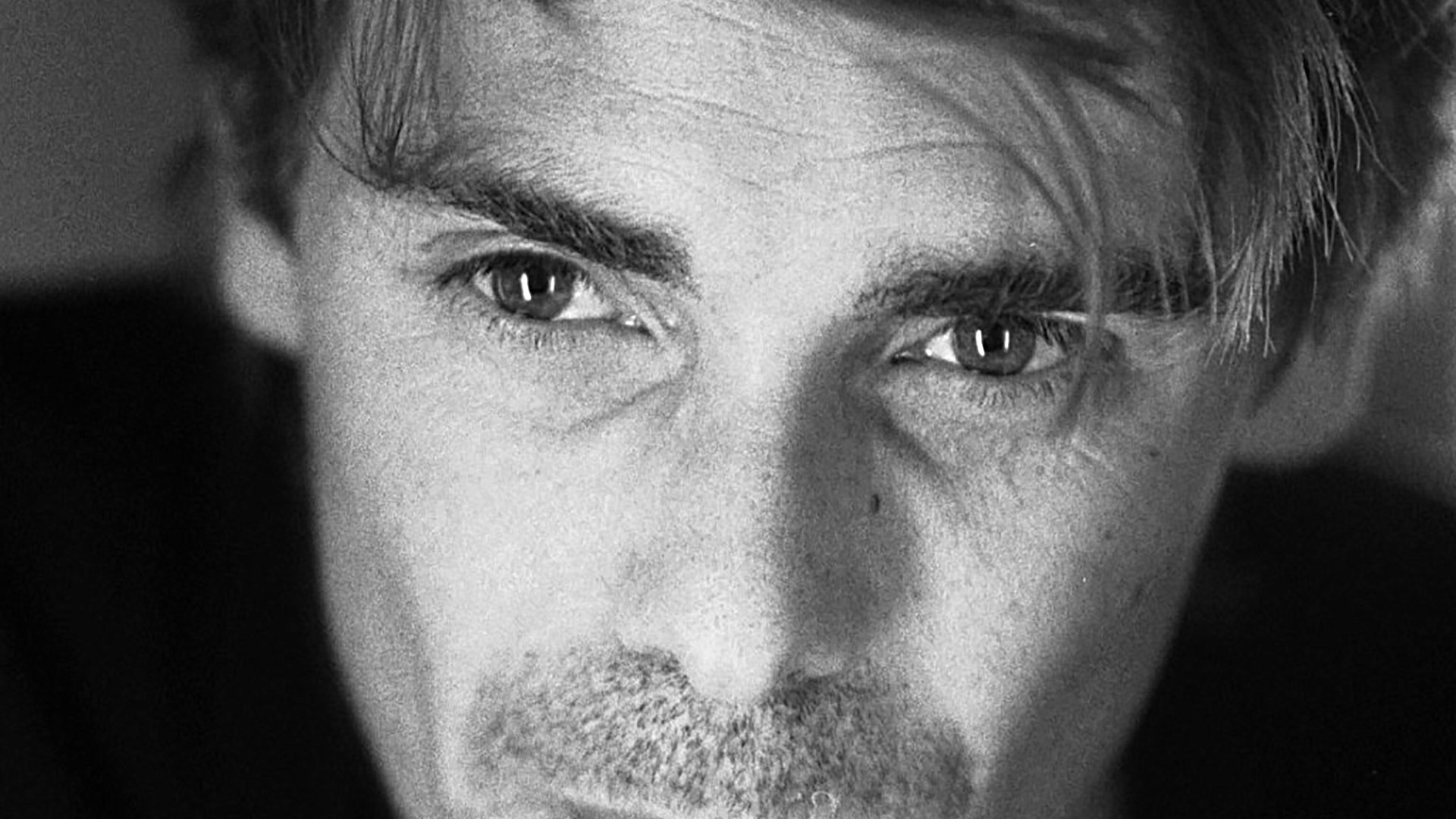Emmanuel Demarcy-Mota

Emmanuel Demarcy-Mota was seventeen when he founded the Compagnie des Millefontaines with fellow school students at the Lycée Rodin. At the age of 23 he was invited to direct L’Histoire du soldat by Ramuz at the Théâtre de la Commune, then Léonce et Léna by Büchner (1995). In 1998, his stage direction of Shakespeare’s Love’s Labour’s Lost (Peine d’amour perdue) won the Prix de la révélation théâtrale awarded by the Syndicat national de la critique dramatique. Year after year his works have been successful: Marat-Sade by Peter Weiss (2000), and Six Personnages en quête d’auteur by Pirandello (2001) at the Théâtre de la Ville winning two awards from the Syndicat national de la critique dramatique.
In 2001 he was appointed director of the Comédie de Reims where his first season premièred two original works by Fabrice Melquiot (L’Inattendu and Le Diable en partage); he has continued to work with Melquiot, directing nine of his plays. At the Théâtre de la Ville, he directed Ionesco’s Rhinocéros (2004) and Brecht’s Homme pour Homme (2007). As director of the Théâtre de la Ville, he established the Chantiers d’Europe festival for original works by young artists in Europe, and Danse élargie, an international competition in partnership with the Musée de la Danse, as well as Parcours enfance & jeunesse for young audiences. In 2012, he was appointed director of the Festival d’Automne à Paris, and in the same year directed Victor ou les Enfants au pouvoir by Roger Vitrac.
At the same time his productions of Rhinocéros, Six personnages en quête d’auteur and Ionesco suite toured internationally (United States, London, Moscow, Barcelona, Athens, Santiago, Lisbon, Buenos Aires, and Tokyo). In 2014, he directed Le Faiseur [Mercadet] by Balzac, and in 2015 Alice et autres merveilles by Fabrice Melquiot, the first work to be created for audiences both young and old and presented in the large auditorium at the Théâtre de la Ville.
In October 2016, the Théâtre de la Ville moved to the Espace Cardin while the theater was being renovated. Here Emmanuel Demarcy-Mota turned the venue into a “theater-laboratory” developing projects with new connections and new figures:
- Projet 18-XX1, plus the drafting of a charter extending an invitation to the younger generation of the 21st century.
- Projet Arts et Sciences with scientists and artists coming together to pool ideas and work on shared ventures.
Original productions directed by Emmanuel Demarcy-Mota: L’État de siège (2017), Les Séparables by Fabrice Melquiot (2018), Les Sorcières de Salem [The Crucible] by Arthur Miller (2019) and Alice traverse le miroir by Fabrice Melquiot (2019). When the pandemic hit, he founded the Troupe de l’Imaginaire which now has more than 270 artists taking part in Consultations poétiques, musicales, dansées for people with little social contact. His initiative of the Académie Santé Culture (2020) was designed as a program involving young healthcare workers and artists, through partnership agreements in Paris with Sorbonne Université and the public hospital/health authority (AP-HP).
En 2021, responding to an invitation by the Musée d’Orsay, he staged an original production of Zoo or the Philanthropic Murderer (Vercors), and in 2022 devised a new version for the Espace Cardin which then toured in Rwanda and has now been programmed again for 2024 in Paris; this is a further venture in the collaboration with stage director Dorcy Rugamba coinciding with the
commemoration of the 30th anniversary of the genocide of the Tutsis.
He was appointed president of the 2022 France/Portugal season.
In 2023, he collaborated with Marco Giorgetti and the Teatro della Pergola for an original production of a sketch-performance on the city of Naples, Les Fantômes de Naples based on the work by Eduardo De Filippo; this was in response to an invitation by the Louvre museum and programmed together with the exhibition Naples in Paris, The Louvre Hosts the Museo di Capodimonte.
In September 2023, he launched the Festival de la Place, initiating a dialogue with the Théâtre du Châtelet (on the other side of the “Place”) so that the place du Châtelet can find new life and spirit as an artistic hub in Paris. Next came the opening of the Théâtre de la Ville (now named the Théâtre Sarah-Bernhardt), ready to embark on another golden age in the 21st century.